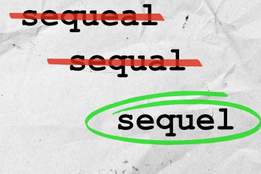disinformation
noun
dis·in·for·ma·tion
(ˌ)dis-ˌin-fər-ˈmā-shən 

: false information deliberately and often covertly spread (as by the planting of rumors) in order to influence public opinion or obscure the truth
Love words? Need even more definitions?
Merriam-Webster unabridged










Share